If you're on Google Colab and you don't want to upload or store any static HTML files or favicon.ico files, you can just return an entire HTML page from a string, then have a <head> block with a link to some favicon file.
from flask import Flask, render_template_string
from flask_ngrok import run_with_ngrok
app = Flask(__name__)
run_with_ngrok(app)
# Here I'm using a favicon.ico of a pizza from some random generator site
FAVICON_URL='https://favicon-generator.org/favicon-generator/htdocs/favicons/2015-01-17/50e4281252565f8fc85151c075d4e937.ico'
@app.route("/")
def hello():
content='Hello!'
return render_template_string(f'''<!doctype html>
<html>
<head>
<link rel="icon" href="{FAVICON_URL}">
</head>
<body>
<h1>{content}</h1>
</body>
</html>
''')
if __name__ == '__main__':
app.run()
That gets rid of the 404 on /favicon (and actually displays an icon):

If you don't care about displaying an actual icon, you can try just leaving it "empty" with href="data:," as suggested in this answer from this post How to prevent favicon.ico requests?:
@app.route("/")
def hello():
content='Hello!'
return render_template_string(f'''<!doctype html>
<html>
<head>
<link rel="icon" href="data:,">
</head>
<body>
<h1>{content}</h1>
</body>
</html>
''')

Both solutions seem to work on
- Google Colab
- Flask 1.1.2 and flask-ngrok 0.0.25
- Firefox 88 and Chrome 90 on macOS
A possible issue here is having to maintain an entire HTML page as an inline string which can be insecure and cumbersome ("Generating HTML from within Python is not fun"). I don't know how complex a web app you are planning to make. It makes sense on Google Colab, but using a setup with a static HTML file (+ Jinja templating) could be more maintainable.

